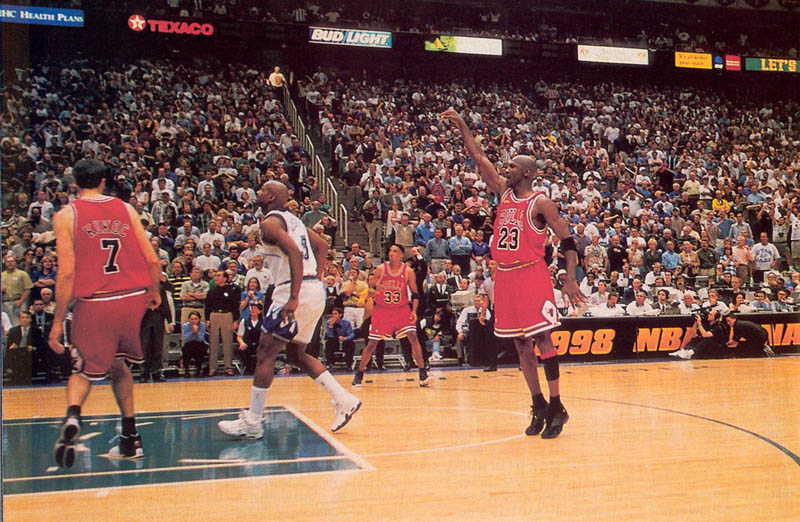By Christine Vandevelde
https://www.chicagotribune.com/entertainment/books/ct-prj-how-to-raise-an-adult-julie-lythcott-haims-20150611-story.html
June 11, 2015

All parents are amateurs. So we turn to the "experts" to answer our questions about vaccinations and sleep schedules and developmental milestones, as well as the more cosmic queries we wrestle with: Will my child be happy? Will my child fit in? Will my child succeed?
More than 50 million copies of Dr. Benjamin Spock's "Baby and Child Care" have been sold since its prescription of pragmatism and Freudian psychology was published in 1946. The search for parenting gurus and guiding hands continued with Penelope Leach, T. Berry Brazelton and John Rosemond. Today, there is parent Heidi Murkoff of the "What to Expect" series, psychologists Madeline Levine and Wendy Mogel, pediatrician and sleep shaman Richard Ferber and teen expert Rosalind Wiseman, author of "Queen Bees and Wannabes."
Julie Lythcott-Haims will likely be the latest to join that canon of parenting guidance, with "How To Raise An Adult: Break Free of the Overparenting Trap And Prepare Your Kid for Success." Drawing on her own experience as a parent and former dean of freshmen at Stanford University, the latest research, and interviews with teachers, employers and Silicon Valley heavyweights, Lythcott-Haims examines the crippling practice of overparenting and its consequences. "Parents protect, direct, and handle so much for children today that we prevent them from the very growth that is essential to their development into adult human beings," she writes.
At Stanford, Lythcott-Haims was known for a mix of expertise and empathy that made her masterful with parents and helpful to students. It was as dean of freshmen she found herself regularly interacting with "students who seemed increasingly reliant upon their parents in ways that felt, simply, off." She understood overinvolved parents were acting out of love. But what those parents might not have understood is the high price paid by their children for that "parenting failure," as Lythcott-Haims calls it. Students who have had all life paths cleared for them are unable to advocate for themselves or cope with setbacks, are more prone to depression, anxiety and drug use (especially "study drugs"), lack simple life skills such as juggling academics and outside activities or managing money, and — more important — have a fear of failure that requires the dangerous strategy of always, always playing it safe.
Like the Harvard-trained lawyer she is, Lythcott-Haims solidly builds the case for how the Blackhawk helicopter parent became the "popular kid we want to follow, or the bully we have trouble standing up to because we fear being harmed, ridiculed, or left out." She thoughtfully examines the cultural shifts and whims that got us to this point: overblown fears of "stranger danger," the self-esteem movement where everybody gets a trophy, the thought contagion of bullying, the relentless competitiveness of a parent class needlessly concerned about leveling the playing field and the overscheduled, checklisted childhood resume that boasts the "right" schools, sports and extracurriculars for the college admission arms race.
Click on the link below to read the rest of the article:
https://www.chicagotribune.com/entertainment/books/ct-prj-how-to-raise-an-adult-julie-lythcott-haims-20150611-story.html





